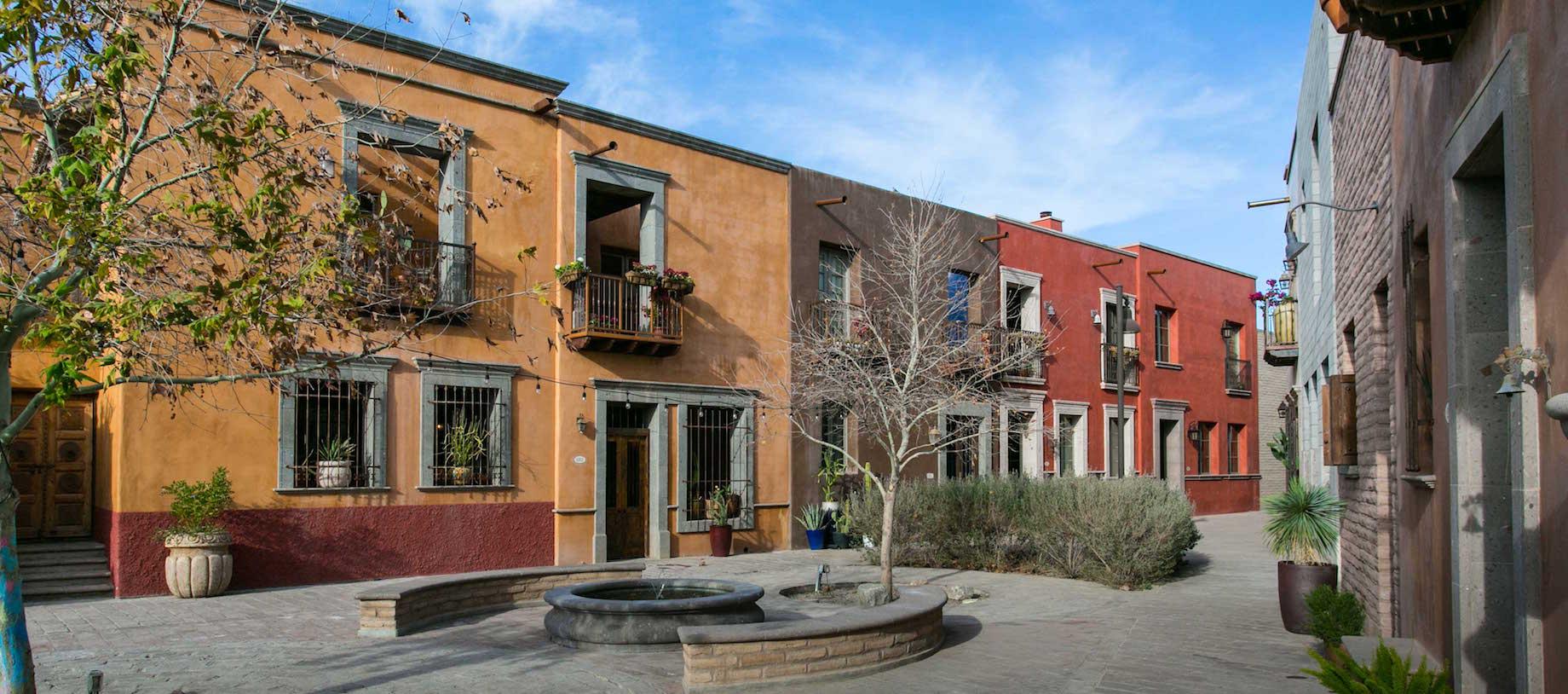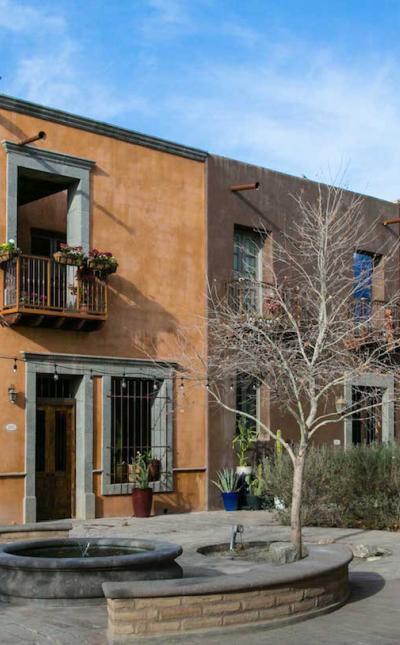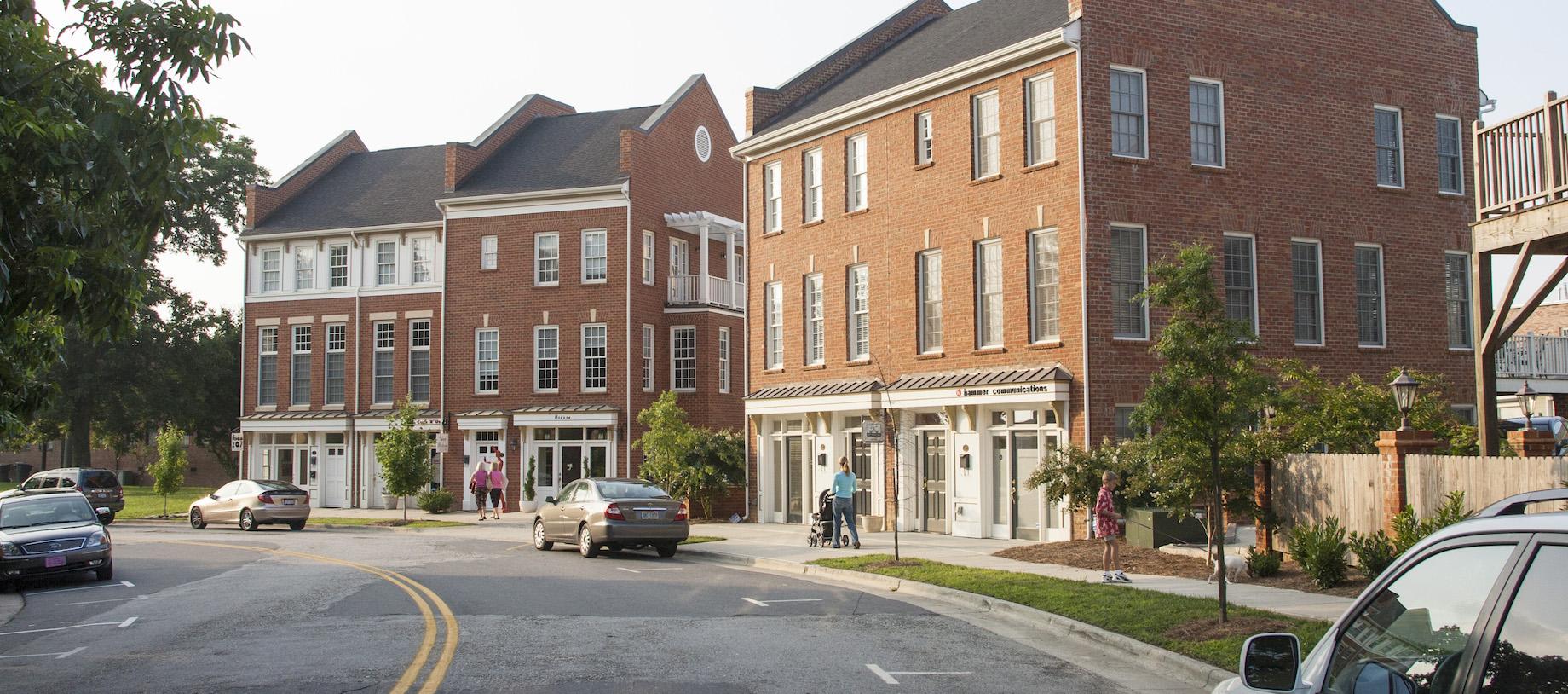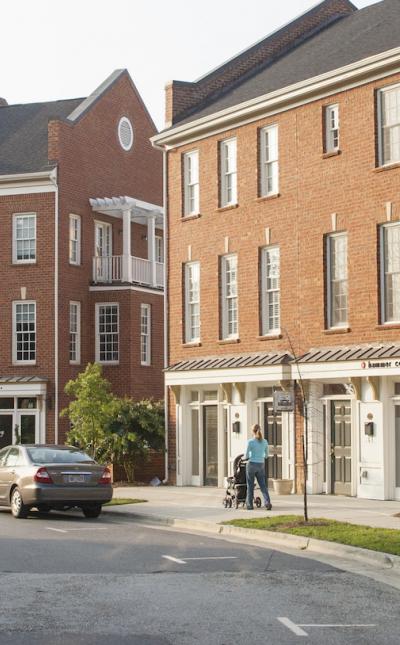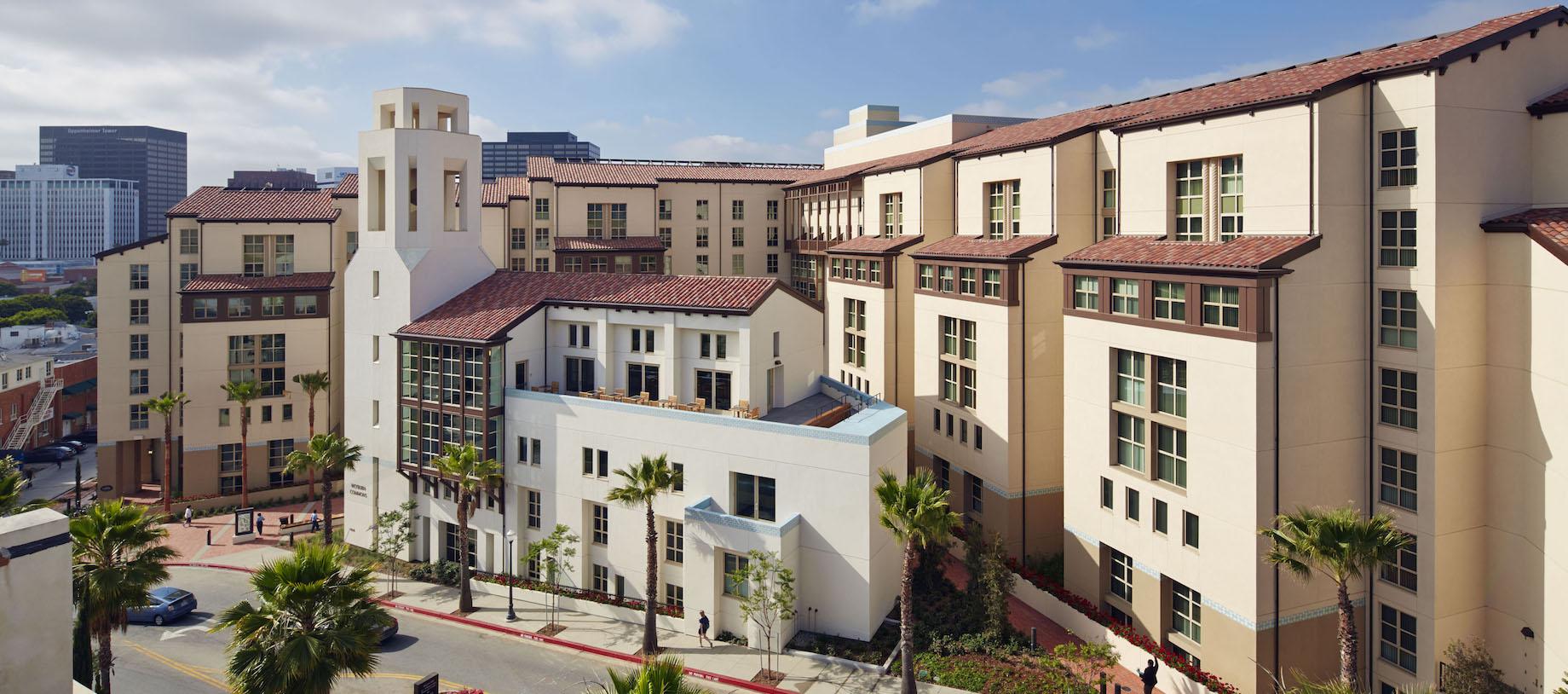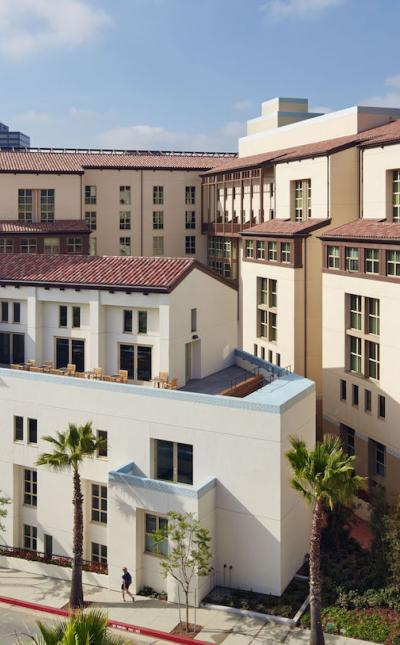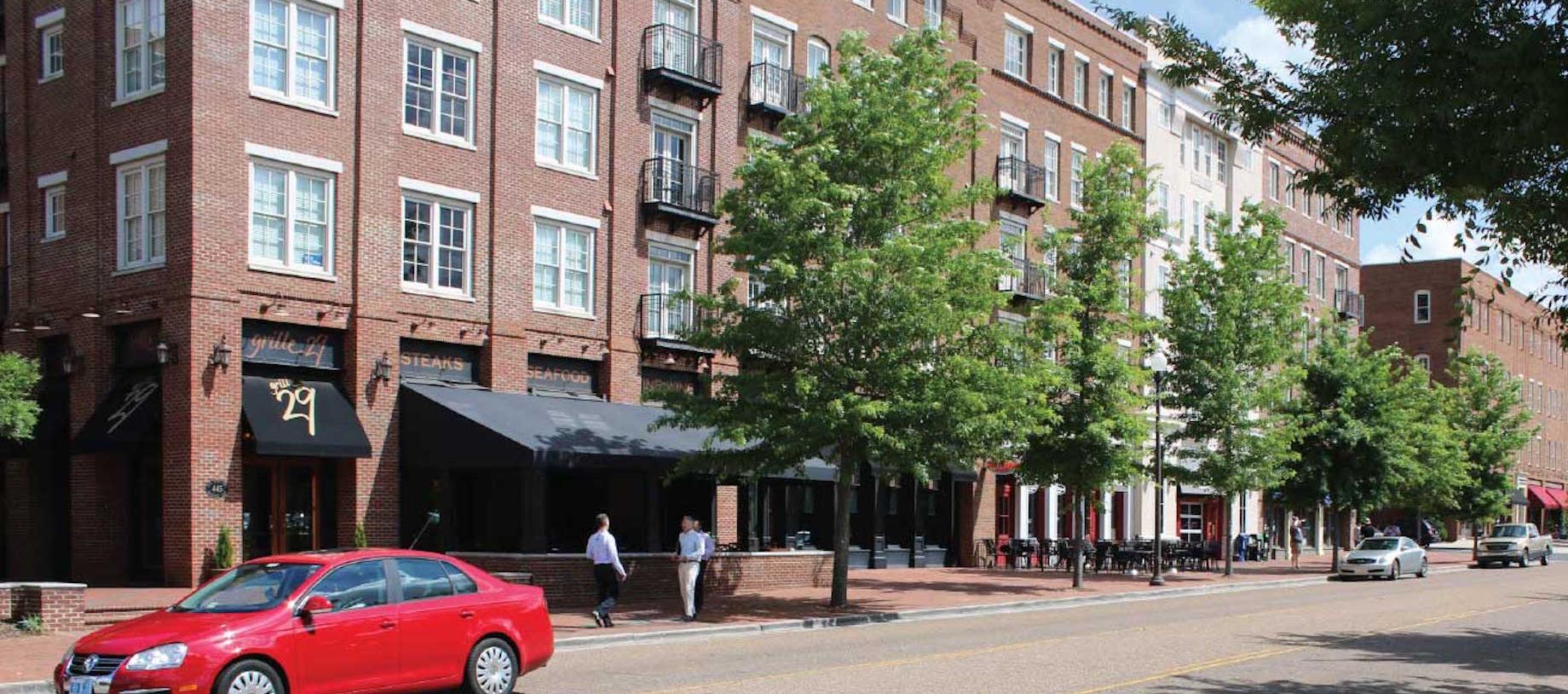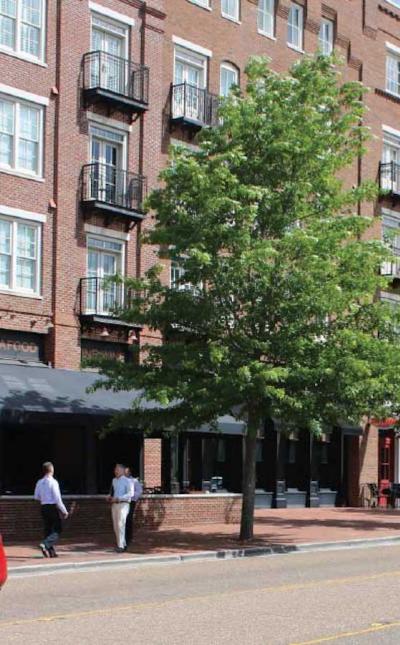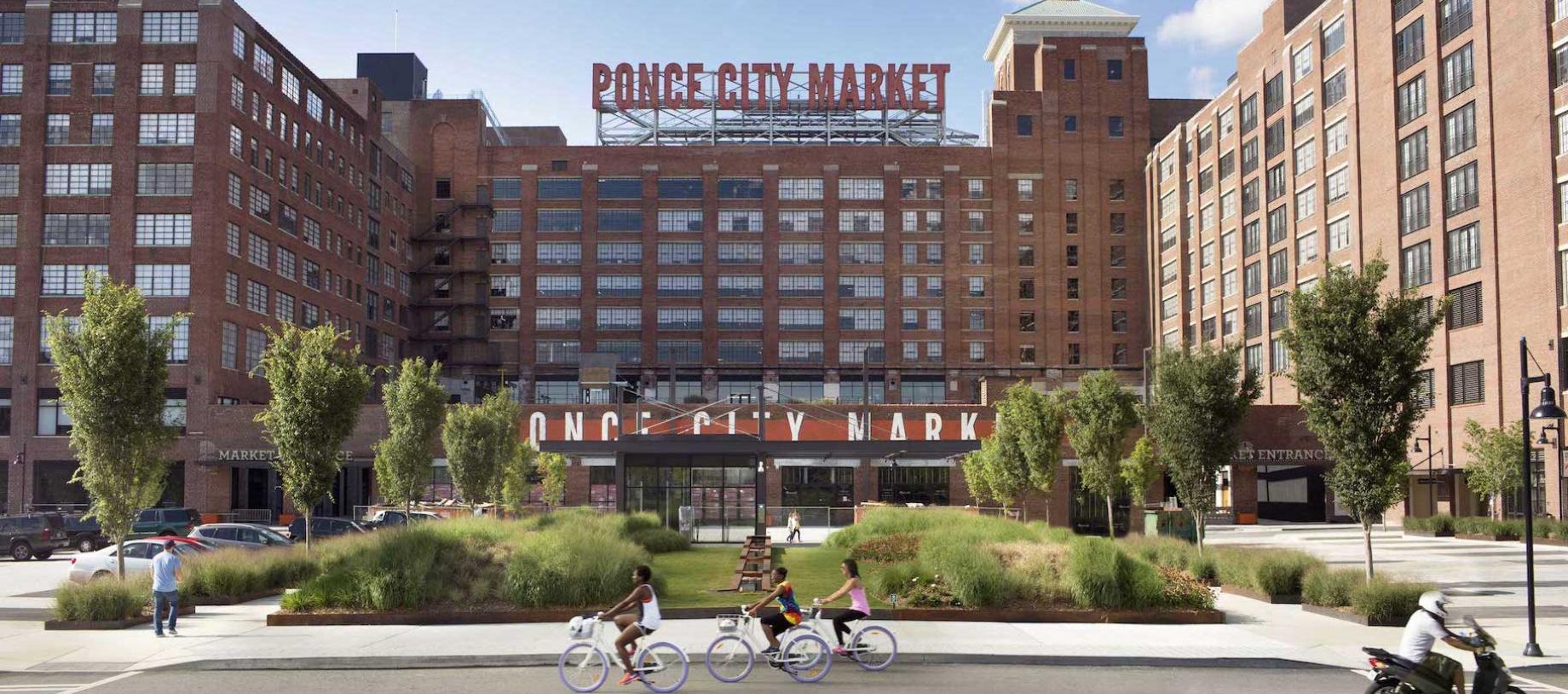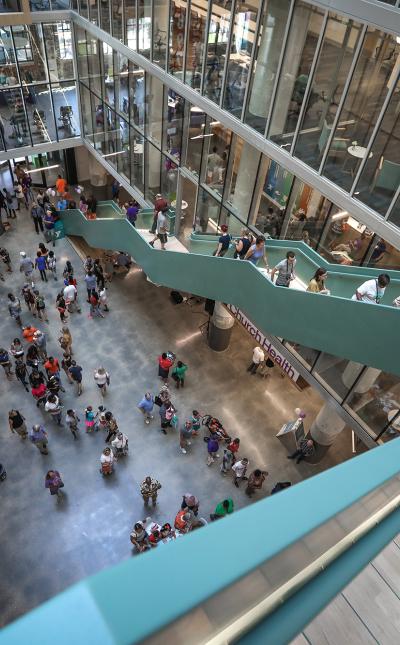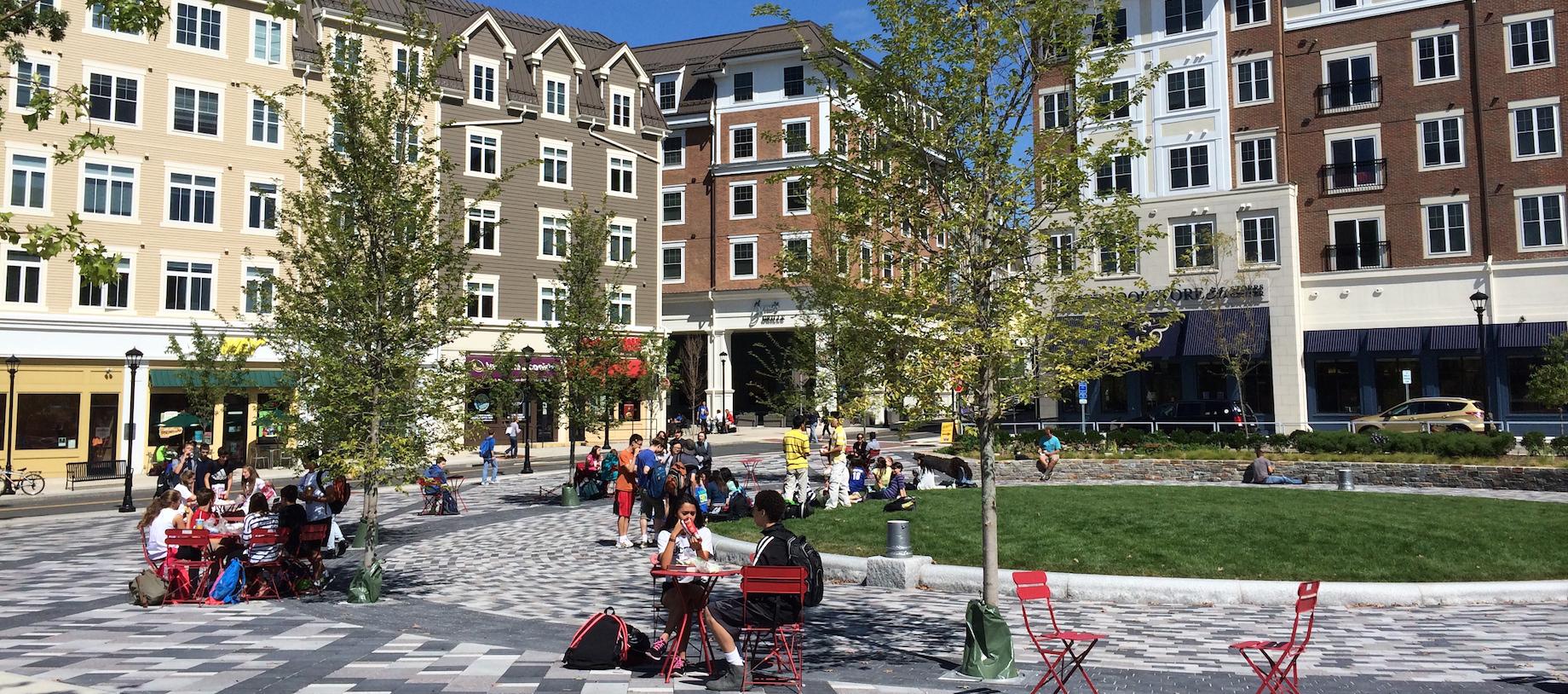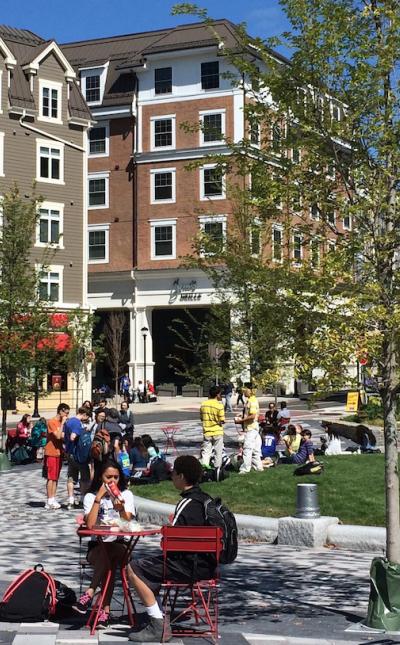Over the past 30 years, the New Urbanist movement has advocated an approach to preserving, designing, developing, and restoring our regions, cities, and neighborhoods based on the foundation provided by the Charter of the New Urbanism. After a generation of work, the context of our collective work has changed as new and evolving obstacles to our vision have emerged. Over the past year, the Board of Directors has solicited, refined, and selected proposed amendments to the Charter that were then put up for consideration by CNU Members.
CNU Members in good standing were able to vote on the proposed amendments in Spring 2024. Below are the amendments and the exact language voted on by CNU Members:
Charter Amendments
Amendment Subject: Climate Change
The design of the built environment plays an essential role in climate change. Walkable communities provide mitigation by reducing the greenhouse gas impact of transportation and buildings. Enabling urban resilience and localized self-sufficiency is essential for adaptation.
Amendment Subject: Displacement
Development and redevelopment should occur without involuntary displacement. Affordable options for housing and businesses within the community, if lost, should be replaced or compensated with relocation assistance.
Amendment Subject: Equity
We commit to accelerating actions that foster more diverse, equitable, and inclusive communities. We recognize the imperative to identify and confront exclusionary policies and practices, fully acknowledge past harm, prevent future harm, and empower those most affected.
Amendment Subject: Housing
Attainable housing is a necessary part of complete communities. Achieving attainable housing requires public and private action to reduce regulatory impediments and expand financing options.
Amendment Subject: Public Participation
The public has the right to participate in decisions that affect them. Effective participation requires representation of the full range of viewpoints to avoid skewed decisions. The interests of the vicinity should be balanced with those of the community as a whole.
Amendment Subject: Regulations
Development regulations establish the framework for the built environment. Municipalities should adopt regulations that prioritize the form of streets, public spaces, and buildings to create walkable, mixed-use places.
Amendment Subject: Transportation
Urban design and transportation policies and investments should enable car-free options, which have significant economic, environmental, health, and equity benefits. The accommodation of all modes of transportation, including automobiles, must respond to the context.

